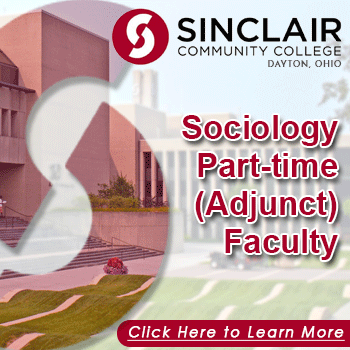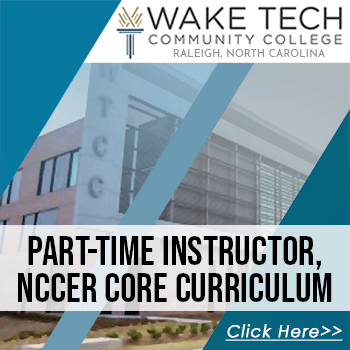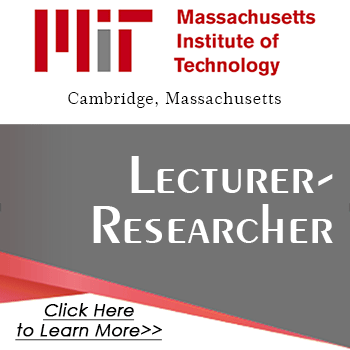This job has Expired
Software Engineer, Astropy
Job Description
POSITION SUMMARY
The Center for Computational Astrophysics (CCA) at the Flatiron Institute, a division of the Simons Foundation, is seeking a full-time research software engineer to develop, maintain, and contribute to community-oriented software projects in astronomy. The software engineer will principally support the Astropy Project and contribute to projects that align with the research directions of the CCA. More information about the CCA can be found on the CCA website . We expect the position to adapt over time to the needs of the broader astronomical community and CCA research community.
Research in astronomy and astrophysics depends critically on open source and other scientific software projects that are largely community driven (i.e. not developed or maintained by specific institutions). The primary role of this research software engineer position (approximately 60% of effort) is to support the Astropy Project. The Astropy Project is a community effort to develop a common core package for astronomy in Python and foster an ecosystem of interoperable astronomy packages. More information about the Astropy Project can be found on the Astropy website .
The other major role of this position is to support and contribute to projects that align with the current research directions of the CCA. This work will be in collaboration with CCA scientists and potentially other software developers throughout the Flatiron Institute. A companion webpage contains a few example potential projects, but these are intended to provide context and the list is not exhaustive.
The software engineer will report to a research scientist (equivalent of faculty) at CCA and will join a growing team of research software engineers across the Flatiron Institute.
The position will be based in person at the Simons Foundation office in New York City.
Visit the Flatiron Institute career page to learn more about life at the institute.
ESSENTIAL FUNCTIONS AND RESPONSIBILITIES
Within the Astropy Project, the responsibilities will be (1) to contribute to key projects that expand the functionality and community reach of the software, (2) to improve the long-term stability and sustainability of the Project, and (3) to help maintain and develop core infrastructure packages that benefit Astropy and the broader astronomical and Scientific Python communities. The research software engineer will:
- lead and contribute to software efforts within the Astropy Project,
- support and contribute to projects that align with the research directions of the CCA,
- communicate open-source software best practices,
- interact with other Astropy developers on GitHub, Slack, and in developer meetings, and
- collaborate with Flatiron’s Scientific Computing Core (SCC), other centers within Flatiron, and the larger scientific community, when relevant.
Opportunities for skill development in software development and scientific computing include mentoring by research scientists, discussions and tutorials with the CCA software community and the SCC, and support for attending external tutorials and conferences. The research software engineer will be part of a growing community of Flatiron scientists and software engineers working on astronomical software, including Flatiron Software Research Fellows (postdocs), CCA-affiliated SCC scientists, and other research software engineers in CCA. Members of this community will be encouraged to collaborate as well as to create and seek opportunities for skill development.
QUALIFICATIONS
Education
- B.S., M.S. or Ph.D. in astronomy, physics, computer science, mathematics, statistics, or a related technical discipline.
Essential Qualifications
At least 3 years of experience with software development in a research context, including:
- Experience doing software development in a research environment (including academic contexts like graduate school and postdoctoral appointments, or research-oriented industry).
- Experience working with the scientific Python ecosystem (NumPy, SciPy, Matplotlib, etc.).
- Experience with collaborative version control systems (especially Git & GitHub).
- Experience working with collaborative software engineering practices, including coding standards and code review.
- Experience writing documentation and an interest in supporting user communities.
- Experience with project management and developing multiple concurrent projects.
- Technical and scientific curiosity with a collaborative attitude.
Desired Qualifications
- Proficiency with software development in a compiled language (C, C++, Rust, Cython, Fortran, etc.).
- Experience contributing to the scientific or astronomical Python ecosystem, including a working knowledge of continuous integration systems (e.g., GitHub Actions), software testing (e.g., pytest), and using automated documentation infrastructure (e.g., Sphinx).
- Experience with HPC, GPU, and/or code profiling and optimization.
- Working knowledge of applied mathematical concepts and numerical methods.
- Working knowledge of astronomy and physics core concepts.
- Experience querying and transforming data in databases (SQL, Elasticsearch, etc.) and files (CSV, HDF5, etc.).
COMPENSATION AND BENEFITS
- The full-time annual compensation range for this position is $130,000 - $170,000, depending on experience.
- In addition to competitive salaries, the Simons Foundation provides employees with an outstanding benefits package.
DEADLINE TO APPLY & SELECTION PROCESS
- Please submit your application by December 1, 2023.
- Review of applicants will begin in early December.
- Offer is expected to be made by the end of January.
REQUIRED APPLICATION MATERIALS
- Resume
- Cover letter (1-2 pages): please tell us about your background in scientific software, including projects you've developed or contributed to. Links to project pages (e.g. GitHub repos) and publications are welcome. Please also discuss the types of projects you would be interested in collaborating with CCA researchers on (see the companion website for example projects), and how your computational skill set would equip you to work on these projects.
THE SIMONS FOUNDATION’S DIVERSITY COMMITMENT
Many of the greatest ideas and discoveries come from a diverse mix of minds, backgrounds, and experiences, and we are committed to cultivating an inclusive work environment. The Simons Foundation actively seeks a diverse applicant pool and encourages candidates of all backgrounds to apply. We provide equal opportunities to all employees and applicants for employment without regard to race, religion, color, age, sex, national origin, sexual orientation, gender identity, genetic disposition, neurodiversity, disability, veteran status, or any other protected category under federal, state and local law.
*Please mention you saw this ad on AcademicJobs.*




